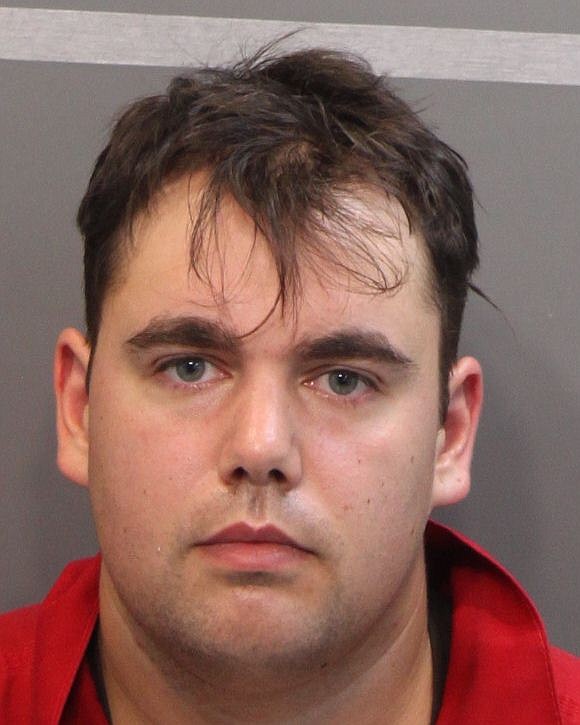A 29-year-old man accused of raping a 2-year-old girl in 2014 is scheduled for trial later this month. But before jurors are selected to hear the case, attorneys will continue to argue Tuesday over how much the 14 men and women should know about Michael Skellenger's initial interview with police, and the victim's medical records.
Police say the alleged rape happened on July 14, 2014, and came to light the next day when the toddler told her grandmother that Skellenger had hurt her. The grandmother reported the rape and the girl was taken to the Children's Advocacy Center, where a nurse practitioner found bruising and hemorrhaging in the area of the assault.
Deputies eventually tracked down Skellenger, who initially said he didn't remember the incident. Later he said he was drunk when he attacked the girl, and he described the assault in detail, his affidavit shows. He called himself a monster.
Skellenger was arrested on a charge of aggravated rape of a child and held on a $300,000 bond.
What attorneys now must unravel before Aug. 23 is the evidence. What should jurors be allowed to hear and what should they not hear? After they make their arguments, Criminal Court Judge Tom Greenholtz will decide what can be admitted.
One of the most pressing issues - outlined in a motion filed in late July by Skellenger's attorney, Brandy Spurgin - is medical records.
"The defense believes the state intends to introduce medical records and medical proof regarding the victim's injuries, which may elicit proof of a medical finding or expert opinion of child abuse or child sexual abuse," the motion says.
However, Spurgin writes, in this case, any testimony from a medical provider would only confuse the jury.
"The jury does not need the opinions of doctors on the ultimate issue to determine whether the defendant committed the crime with which he was charged," the motion says.
Furthermore, Spurgin argued, Skellenger's statements to law enforcement should be suppressed because he confessed only after he was coerced. There was a first interview, insistence on a polygraph test that never happened, a second interview, and numerous appeals to his religious beliefs, the motion says.
In her motion, Spurgin called for Greenholtz's court to decide if it was voluntary, and to consider "the totality of the circumstances surrounding the confession."
Neither Spurgin or prosecutor Leslie Longshore could comment on the case Friday. But they are scheduled to debate those issues at 2 p.m. Tuesday in Greenholtz's courtroom.
Contact staff writer Zack Peterson at zpeter son@timesfreepress.com or 423-757-6347. Follow him on Twitter @zackpeterson918.
